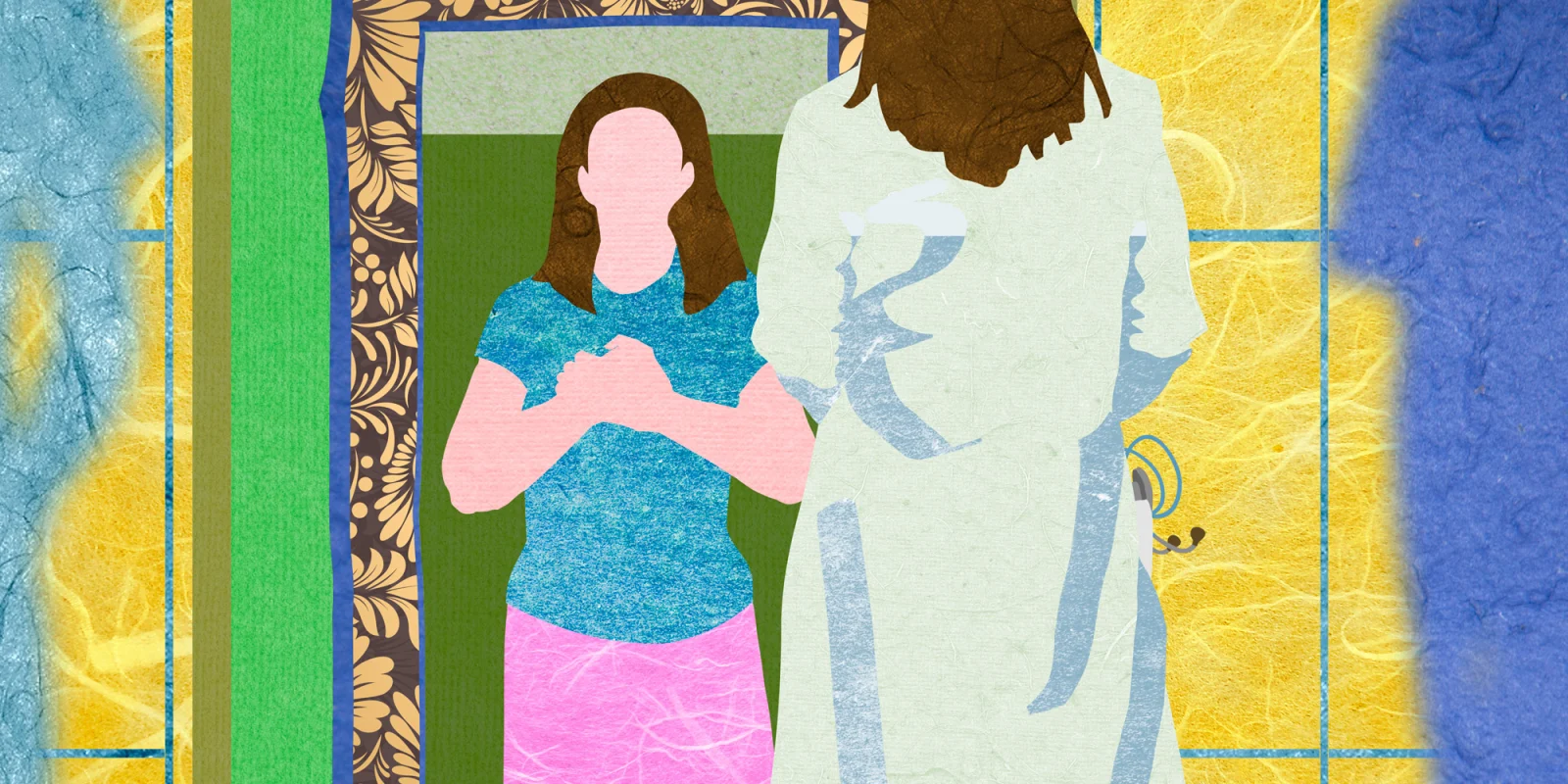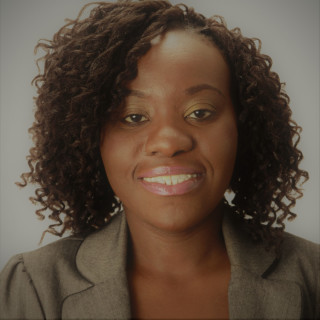 “Somebody call 911, make room!” “The fire department is on their way.” “What just happened?” “Is she alright?”
“Somebody call 911, make room!” “The fire department is on their way.” “What just happened?” “Is she alright?”
Panic is in the air; a lot of people speaking at once, everyone rising from their seats, looking around, unsure of what they were witnessing. There is a fairly large crowd gathering around a young lady who is lying on the stage, her arms and legs wiggling slowly. An older woman is gently holding her head in place, trying not to hurt her as she twists and turns. “I’m her mother” she says. “She has seizures. She lives alone now and might not be taking her medication.”
“Will you go down there to help?” My friend whispers to me. “No!” I reply a little too loudly with fear in my voice.
We were at a play in a local community theater, maybe 30 people in attendance. During a scene, one of the actresses had suddenly stiffened and fallen to the ground with a loud thud, her arms and legs moving slowly, almost rhythmically. At first I was confused, was that part of the play? It took a few seconds for my brain to catch up with my eyes; I realized something was wrong. I was watching a tonic clonic seizure unfold right before me and there was nothing I could do to help.
I was a few months out of medical school, waiting to start my residency. Yes, sure you could call me a doctor but I certainly did not feel like one. I definitely was not going to run down to the stage and announce my title and attempt to help. I was quite confident they did not need me, besides, unless I was carrying benzodiazepines on my person there was very little I could do help. At least that was what I told myself. So I remained seated and watched. A minute or two later, which felt much longer, her seizing stopped and she woke up in a post-ictal state; confused, mumbling, crying and trying to get up. EMS arrived shortly after and we all breathed a collective sigh of relief. Mine was probably the loudest when they transported her to the hospital.
Whether I knew it or not, that incident was a defining moment for me. Only a few weeks later, I would be reciting the Hippocratic Oath and then practicing as a resident, seeing patients, having them call me doctor, answering questions and most importantly I would be obliged to run and help anyone in need, no matter if I had the right medicines on me, or if I was off the clock. I would always be a doctor in every situation that required one and my confidence could not be the meter against which I measured myself, or I would fail every time.
When I think about it, the hardest part of residency for me is having to prove myself to myself. Most times I feel like a fraud, like I’m about to get caught and someone will figure out I’m not supposed to be here.
Do I know enough? Do I remember correctly? Did I explain adequately? When my attending expects me to know something and I don’t know it or don’t know it well enough, are they thinking ‘should she be here?’ Are they seeing themselves in my shoes and thinking ‘I was way better, so she should be better’. Are they disappointed? Does it actually really matter what they think and what I think they think? Who knows! But that is what I struggle with daily.
A few months into residency, I am hiking down Stone Mountain like I usually do, one of my few remaining pastimes in this hectic new life I have chosen. I see a crowd gathered and as I go closer there is an elderly man sitting down in between some rocks and people are whispering that he fell. “This is it Christine!” I think to myself and like an out of body experience, I hear myself say “Excuse me, excuse me!” and I watch myself push through the crowd and go to the man. In that short moment of time, the people around us don’t exist, the noises and voices do not exist. It is just me and this person that may need help.
“Are you okay sir? I’m a doctor; can you tell me what happened?”
“I’m fine!” He says quite gruffly, clearly embarrassed by the crowd of bystanders.
I calmly ask him a few questions that I think are important and hope that I don’t miss anything. Did he fall? How far did he fall? Did he hit his head? Is he in any pain? Can he walk? Does he need help getting down the mountain? He answers in the negative for all and just states he needs to catch his breath. He thanks me for my time. Someone announces that they used one of the call boxes located across the mountain to call for help and the police were driving up the mountain at that moment. He doesn’t look to be in distress. I’m tempted to stay but I feel like I’ve done my due diligence. So I tell him to take care and continue to make my way down the mountain. I see the policemen park their vehicles and start to walk up towards the crowd. Did that just really happen? I ask myself. What if it were something more complicated that I could not handle? Why did I announce that I’m a doctor! What if he needed more help? ‘Then you’d deal with it,’ I replied to me. And somehow I knew I could.
Since then, it’s been one step at a time, and I surprise myself all the time with what I know and how I handle situations. There was one patient who was angry because he did not get the antibiotics he wanted but somehow I was able to get him to calm down. I explained why he did not need the antibiotics and when he left, he was laughing, smiling and showing me pictures of his son. Another patient told me that I looked stressed and overworked and tried to hug me several times throughout the visit! (She got one hug and that was it). Another came in for a bump on his toe but left on anti-hypertensives, after years of being told he had hypertension and not wanting to start any medication because he felt he was too young. I managed to convince him that he indeed had high blood pressure and I gave him a detailed lecture on different classes of anti-hypertensives. Somehow I convinced him to start the medication and he came back six weeks later for a follow up and with excellent numbers. So I am doing something right. Maybe!
It will always be a struggle, for how long I don’t know, but it is getting better every day and I cannot hope for more than that. So for now, I will put one foot in front of the other as I grab my laptop, double check the name on the door with the name in front of me, take a deep breath and think about all the emotions swirling inside me before stepping into the room: fear, anxiety, worry, trepidation but in the middle of all those emotions, there is happiness, like the calm in the center of the storm.
I open the door, smile and say “Good morning Ms. X, I’m Dr Tolu-Ajayi, nice to meet you. So you have a cough, I’m sorry to hear that, why don’t you tell me about it…”
Christine is a first year family medicine resident at Emory University School of Medicine in Atlanta, GA. She is passionate about patient health education and demystifying medicine to the every day person. She has a wide variety of interests including acting, writing, cooking, hiking, outdoor activities and traveling. She believes in living life to the fullest and having a positive impact on everyone around her.
Illustration by Jennifer Bogartz






